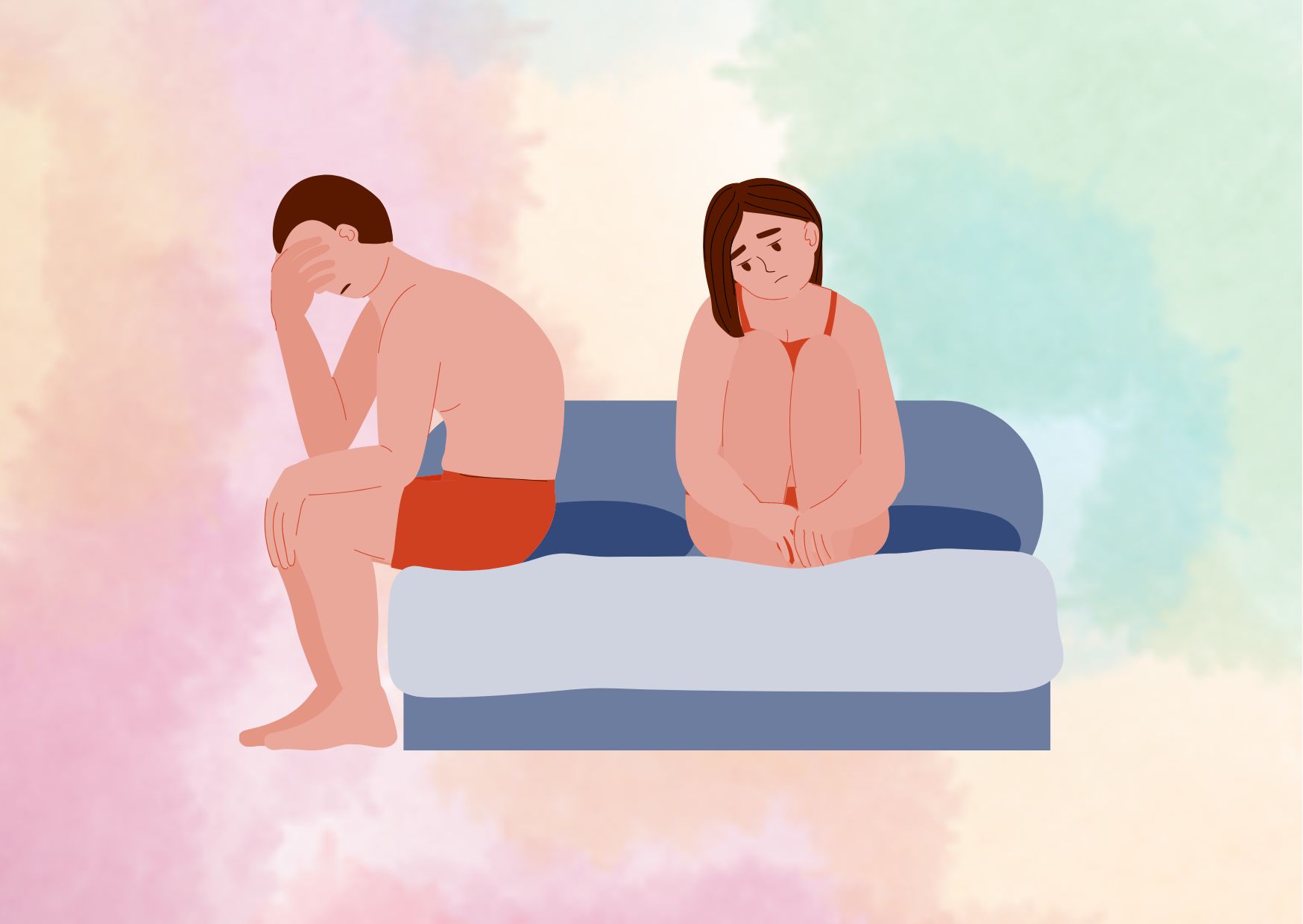By implementing these strategies, sexually incompatible couples can work towards a more fulfilling and harmonious intimate life. It’s crucial to approach this process with patience, understanding, and a willingness to put in effort from both partners. With open communication, compromise, and a focus on mutual growth, many couples can overcome sexual incompatibility and build a stronger, more satisfying relationship.
When to Seek Professional Help
While many couples can work through sexual incompatibility issues on their own, there are times when seeking professional help becomes necessary. If sexual problems persist despite efforts to communicate and compromise, it may be time to consider consulting a sex therapist or couples counselor.
Benefits of sex therapy
Sex therapy can have a significant impact on improving sexual compatibility and overall relationship satisfaction. A sex therapist is a licensed professional who specializes in addressing sexual concerns and helping couples overcome intimacy issues. These experts have extensive training in human sexuality and can offer valuable insights and strategies to enhance sexual well-being.
One of the primary benefits of sex therapy is that it provides a safe, non-judgmental space for couples to discuss their sexual concerns openly. Many people feel embarrassed or ashamed to talk about sex-related issues, but a sex therapist can help create an environment where partners feel comfortable expressing their needs and desires.
Sex therapists can also help couples identify underlying issues that may be contributing to sexual incompatibility. These could include communication barriers, past traumas, or mismatched expectations. By addressing these root causes, couples can work towards a more fulfilling and harmonious intimate life.
What to expect in couples counseling
Couples counseling for sexual incompatibility typically involves several sessions with a trained therapist. During the initial appointments, the therapist will gather information about the couple’s sexual history, current concerns, and relationship dynamics. This assessment helps the therapist develop a tailored treatment plan.
In subsequent sessions, couples can expect to engage in open discussions about their sexual needs and preferences. The therapist may assign homework exercises to practice new communication skills or explore intimacy-building activities outside of therapy sessions. It’s important to note that sex therapy does not involve any physical contact or sexual activity between the therapist and clients.
Couples counseling can also address broader relationship issues that may be impacting sexual satisfaction. By improving overall communication and emotional connection, couples often find that their sexual compatibility improves as well.
Finding the right therapist
When seeking professional help for sexual incompatibility, it’s crucial to find a qualified therapist who specializes in sexual health. The American Association of Sexuality Educators, Counselors, and Therapists (AASECT) is a reputable organization that certifies sex therapists and provides a directory of qualified professionals.
When searching for a therapist, consider the following factors:
- Credentials and experience: Look for a therapist with specific training in sex therapy and a track record of helping couples with sexual issues.
- Comfort level: Choose a therapist with whom both partners feel comfortable discussing intimate matters.
- Treatment approach: Inquire about the therapist’s treatment philosophy and methods to ensure they align with your goals and values.
- Availability and location: Consider practical factors such as the therapist’s office location and scheduling flexibility.
It’s important to remember that seeking help for sexual incompatibility is a proactive step towards improving your relationship. Many couples find that professional guidance can lead to significant improvements in their sexual satisfaction and overall relationship quality. By addressing sexual concerns early on, couples can prevent these issues from escalating and causing long-term damage to their relationship.
Conclusion
Sexual incompatibility can have a significant impact on relationships, but it’s not an insurmountable challenge. By understanding the root causes and implementing strategies to improve communication and explore new experiences together, couples can work towards a more fulfilling intimate life. It’s crucial to remember that sexual compatibility often develops over time, requiring patience, openness, and a willingness to compromise.
For couples struggling with persistent sexual issues, seeking professional help can be a game-changer. A qualified sex therapist or couples counselor can provide valuable guidance and support to address underlying problems and enhance overall relationship satisfaction. At Inquire Talk, we’re committed to helping individuals improve their mental health and well-being, including relationship concerns. To explore our platform and connect with our passionate therapists for online counseling or therapy, visit our website. By taking proactive steps to address sexual incompatibility, couples can strengthen their bond and create a more harmonious and satisfying partnership.
FAQs
What steps can be taken to resolve sexual incompatibility?
To address sexual incompatibility with your partner, start by understanding your own needs and expectations around sex. Discuss the topic openly without placing blame, maintain open communication, and try to see things from each other’s perspective. Experimenting with new activities and ideas together can also be helpful. It’s important to find a compromise that works for both of you and to recognize your limits in what you can accept or adapt to.
What are common causes of sexual incompatibility?
Sexual incompatibility often arises from differences in sexual desire or the preferred timing of sexual activities. For instance, one partner may have a higher libido than the other or may prefer intimacy at different times of the day.
Is it possible for two individuals to be sexually incompatible?
Yes, two people can experience sexual incompatibility, which may lead to difficulties in feeling connected or aligned sexually. However, this doesn’t necessarily mean that they should end their relationship or that they don’t love each other. With effort, many couples can work through these issues.
Can a relationship endure despite sexual incompatibility?
Yes, a relationship can survive despite incompatibility issues. Overcoming these challenges is possible through mutual understanding, dedicated effort, and continuous open communication, which can help address and potentially resolve the incompatibility.
Inquire Talk certified therapists who you can get in touch and book a therapy session with:
Nuria Martin
Digna Patel
Wenna Chen

